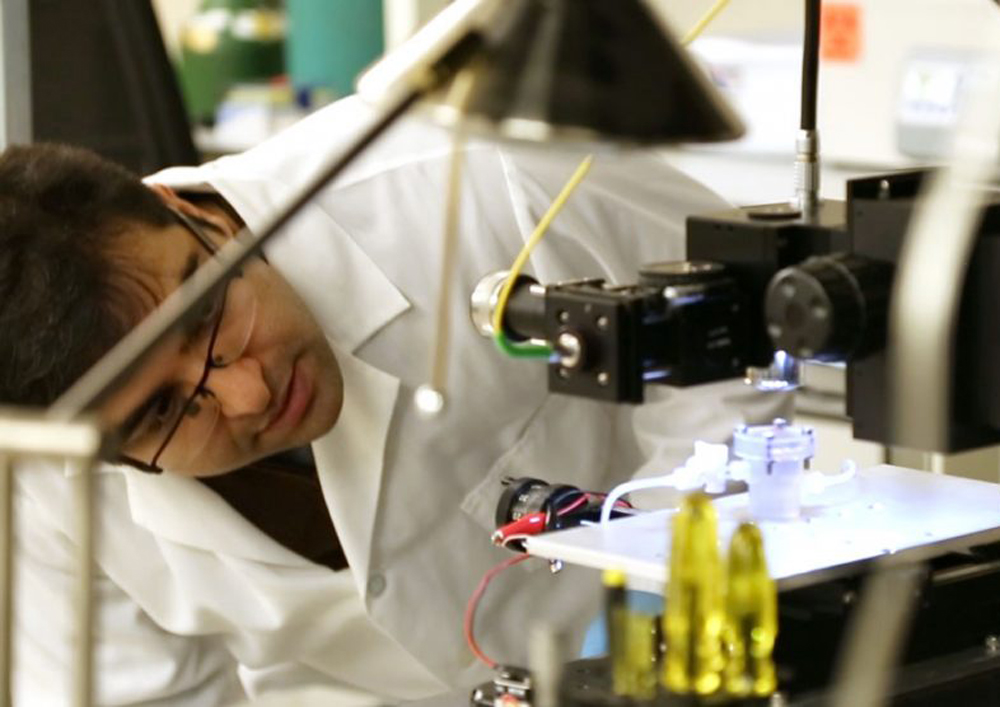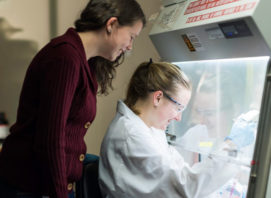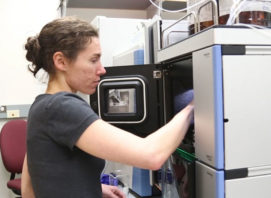Morgridge, Meriter research project targets the persistent risk of preterm birth
Of the approximately 4 million births in the United States each year, at least 400,000 of them still trigger a state of desperation in maternity wards.
Parents, doctors and medical staff feel this way over the challenge of managing high-risk pregnancies. There is a surprising lack of precise science behind diagnosing risk for preterm birth, or intervening at the right time or with the right methodology.
Even worse, U.S. preterm birth rates have actually increased in recent years to almost 10 percent, and along with them a surge of long-term medical and social distress for families.
Against this backdrop, the Morgridge Institute for Research is launching a research project intended to give doctors new tools to improve health outcomes and lower premature birth rates. The project includes partners at the University of Wisconsin-Madison Department of Medical Physics, Intermountain Healthcare in Utah, Columbia University and the Meriter Hospital Birthing Center in Madison.



